850+
Organizations use Psylaris products
5500+
Therapists use our software worldwide
75.000+
Completed sessions with our applications
There are certain fears that are not immediately recognised as an anxiety disorder. This is because many people are familiar with this form of fear and it is therefore more generally accepted. Think for example of a fear of spiders. The same applies to the fear of being locked up in small spaces. This is a claustrophobic fear. Quite a lot of people suffer from this, but only a few people enter into treatment for it. Nevertheless, treatment is usually fast and successful.
The word is made up of two words in Latin, namely 'Claustrum', which means an enclosed and/or small space, and 'Phobos', which we popularly call phobia, and that is fear. So it is a fear of being in small spaces or in enclosed spaces that you cannot immediately escape from. What is claustrophobia, can be defined differently for everyone. For some people it is an elevator, while for others an enclosed space is a train compartment or a cinema.
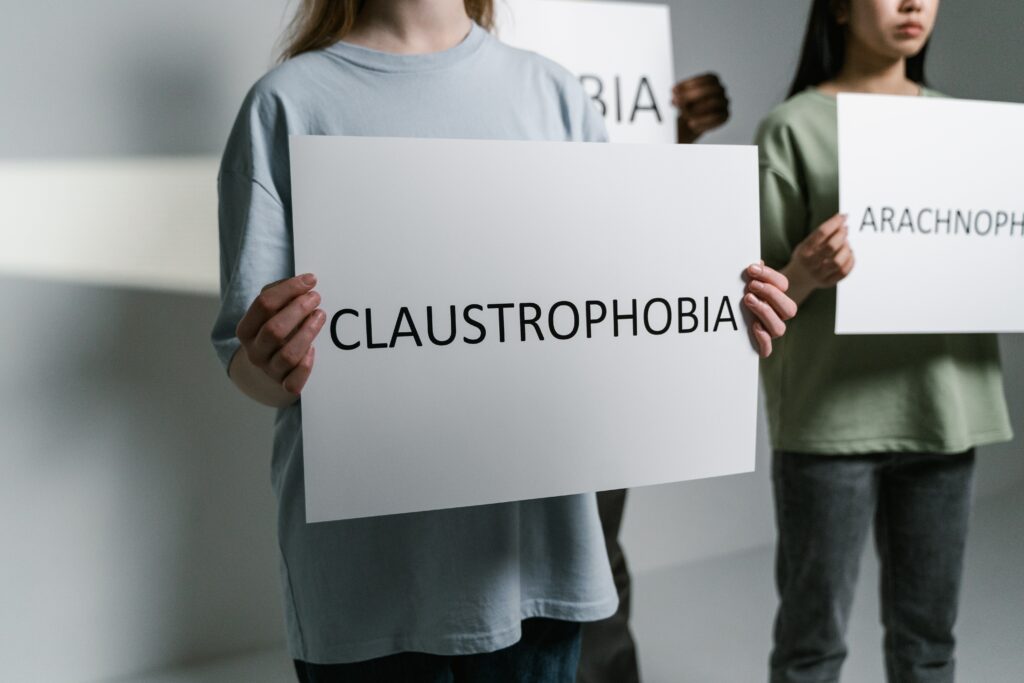
There are various degrees of fear of confined spaces. You can get over it and enter that confined space, but there are also people who completely panic. Symptoms that can occur include shortness of breath, the feeling of suffocation, sweating and crying. People who have become very anxious will avoid certain situations and locations. No matter how high a flat is, they will take the stairs instead of the elevator. This is not always wise, as a fear can be combated by facing it.
Fear of small and enclosed spaces is a phobia that is similar to all other types of phobias. It is not a separate type of anxiety disorder. Like all anxiety disorders, the claustrophobia cause is not always identifiable. Some people have always been afraid of small spaces, and it is usually a mild fear that does not disrupt their lives. There are also cases where the fear is clearly triggered by a traumatic experience.

Claustrophobia treatment is usually successful and often in within a short time. The client can usually be convinced quickly that small spaces themselves are not dangerous. It is mainly the fear of not being able to get away immediately. The treatment often focuses on this, whereby certain situations are deliberately sought out.
If the origin of the phobia against small spaces is unknown, exposure therapy is very effective. Exposure therapy is a means of facing your fears. Exposure to small spaces is the perfect method to get rid of your fear. Of course, this is done under the safe guidance of the therapist. By constantly being exposed to small or enclosed spaces, the body will get used to it and the fear will diminish or even disappear.
When the fear is clearly caused by a trauma, EMDR therapy is the most appropriate method. For example, someone has suffered a trauma by being trapped in an elevator for some time. The philosophy behind EMDR is distraction from the trauma. The therapist asks the client to recall the trauma in his/her mind. While recalling the moment, the idea is that the patient also follows the therapist's hand movements or listens to sounds through headphones. This is the distraction, which is repeated over and over again. In this way the trauma is better 'put away' and can be remembered with less emotion. The fear will disappear.
In cases of severe anxiety, cognitive therapy can play an important role. Basically, it is no longer about the small and cramped room, but about the fear of the fear. This is addressed with cognitive therapy. The key is to convince the client that the room itself is not fearful, but that he/she is afraid of the fear of what might happen. Convincing the client with statistical data is also possible. This therapy is often combined with exposure therapy, so that the client actually becomes convinced that nothing will to happen.
Psylaris develops modern tools for the mental healthcare, to make the treatment of anxiety disorders even easier and more efficient. Virtual reality is now an indispensable part of the mental healthcare sector. Psylaris has developed various types of modules for this purpose. With VRET (Virtual Reality Exposure Therapy), the client is exposed through VR goggles to an oppressive small space that he/she is always claustrophobic for. The advantage of VR therapy is that the client remains in a safe environment and that treatment can be done more frequently.
If the client is treated with EMDR therapy for claustrophobic fears, Psylaris has developed the complete online platform EMDR-Remote for this purpose. This makes EMDR remotely possible. The practitioner is greatly relieved and EMDR-Remote offers many more possibilities to distract the client remotely. The platform is safe to log into and you don't have to download any software.
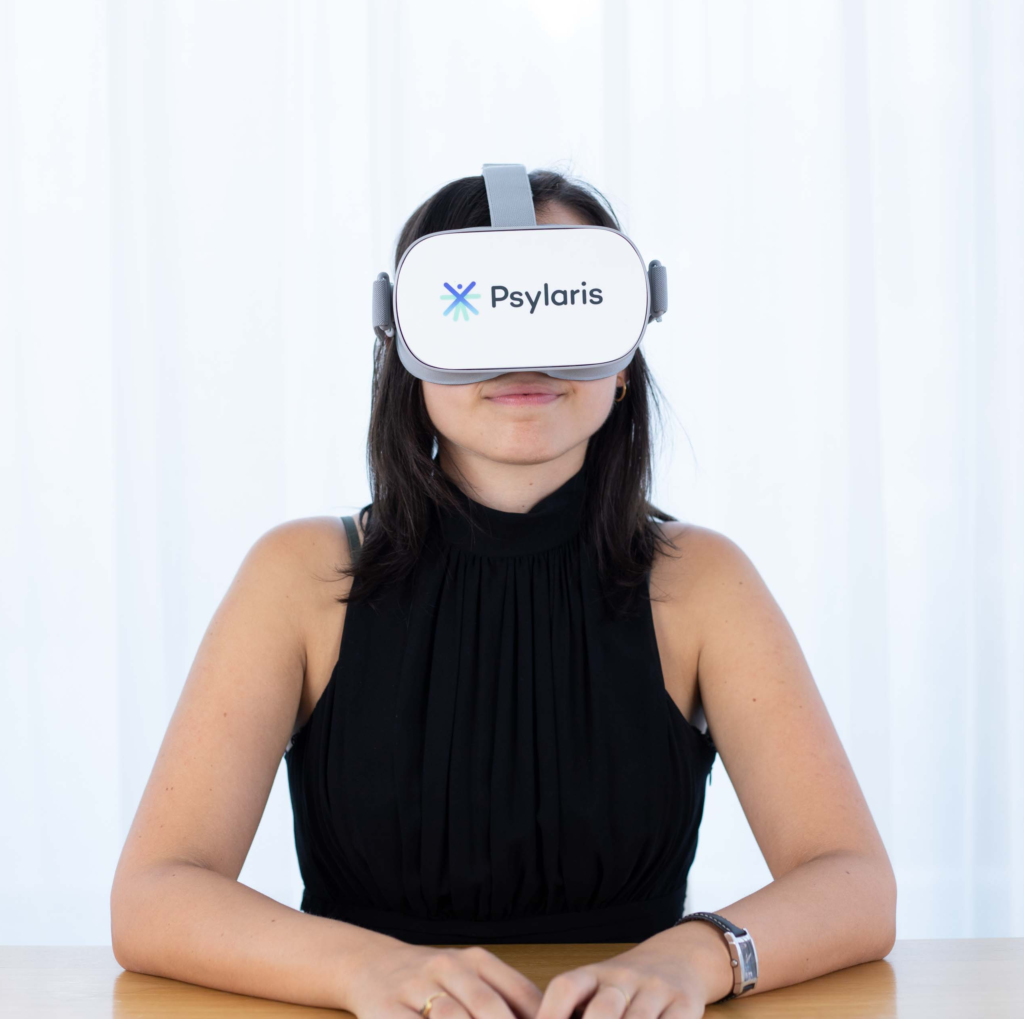
The goal of Psylaris is to support therapists even better with innovative techniques and tools. Virtual reality plays a leading role in this. With EMDR-VR and EMDR-plus an EMDR treatment is possible using virtual reality. The practitioner can use distraction tasks even better and the client can also be treated remotely. Virtual reality is ideally suited for exposure therapy. The client is confronted with his/her fears. It is no longer necessary to visit a physical location, such as an elevator in case of elevator fear or a shopping mall in case of agoraphobia. With the VR glasses on, the client is confronted with the fear in the safe environment of the treatment room or his/her home. Psylaris has developed modules for various types of fears that require exposure therapy. This saves costs and time, and the client can be treated more frequently, which results in a faster recovery.
We believe with the combination of intelligent software and qualified therapists we can develop a system in which everyone, anytime and anywhere has direct access to efficient and affordable psychological care.
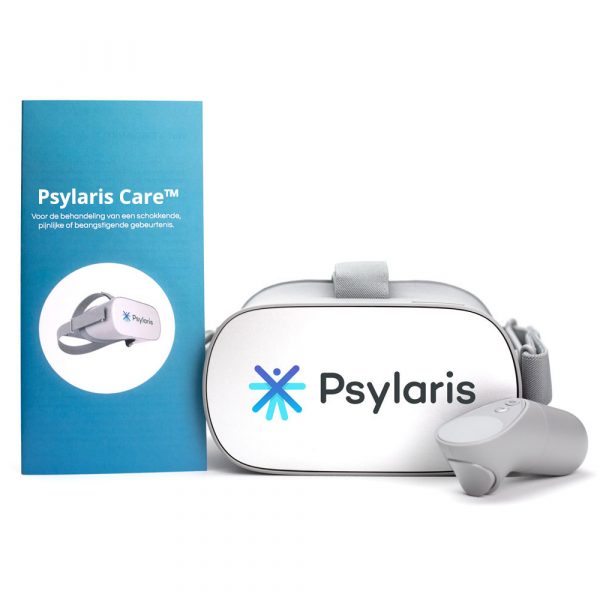
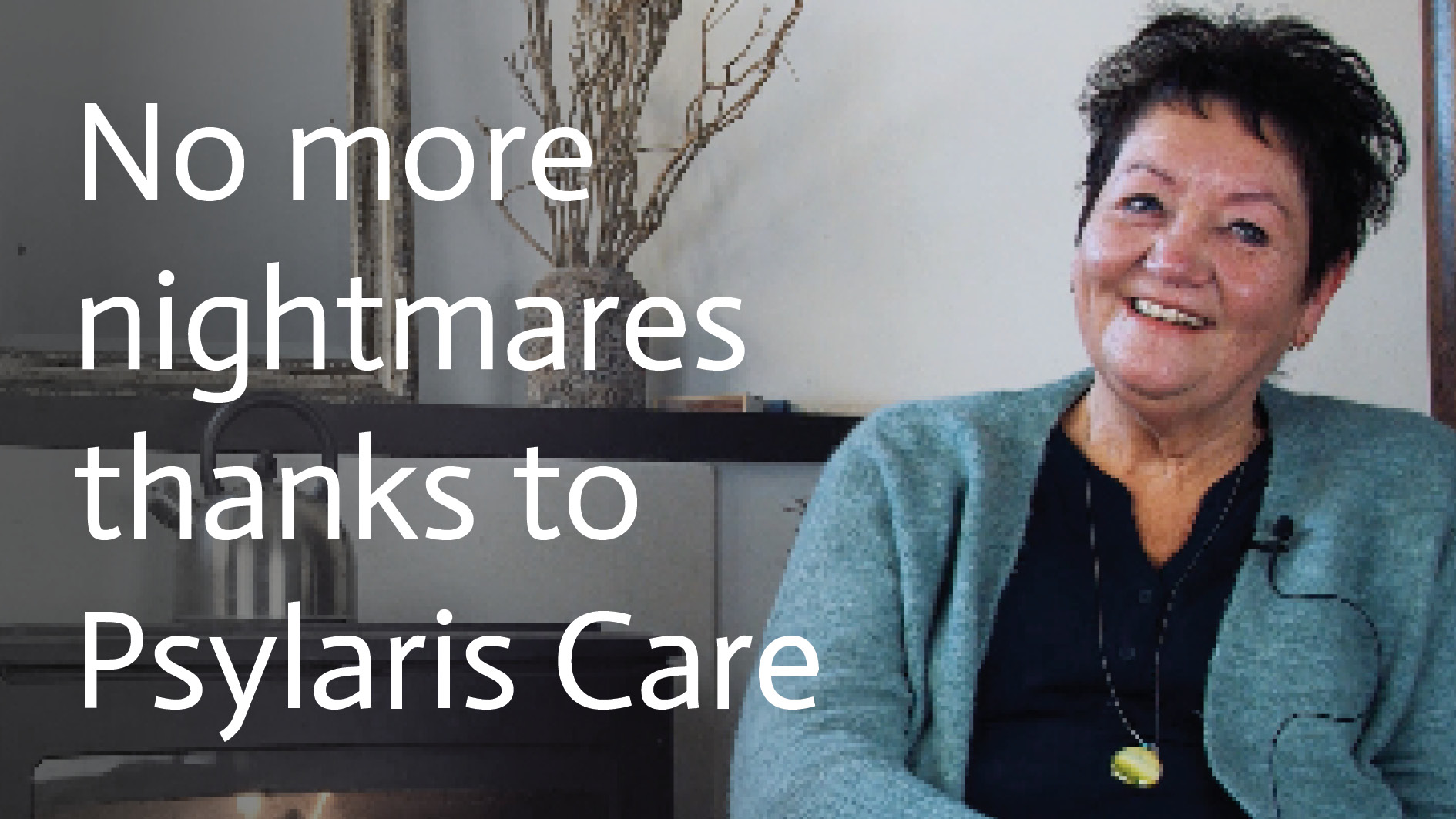
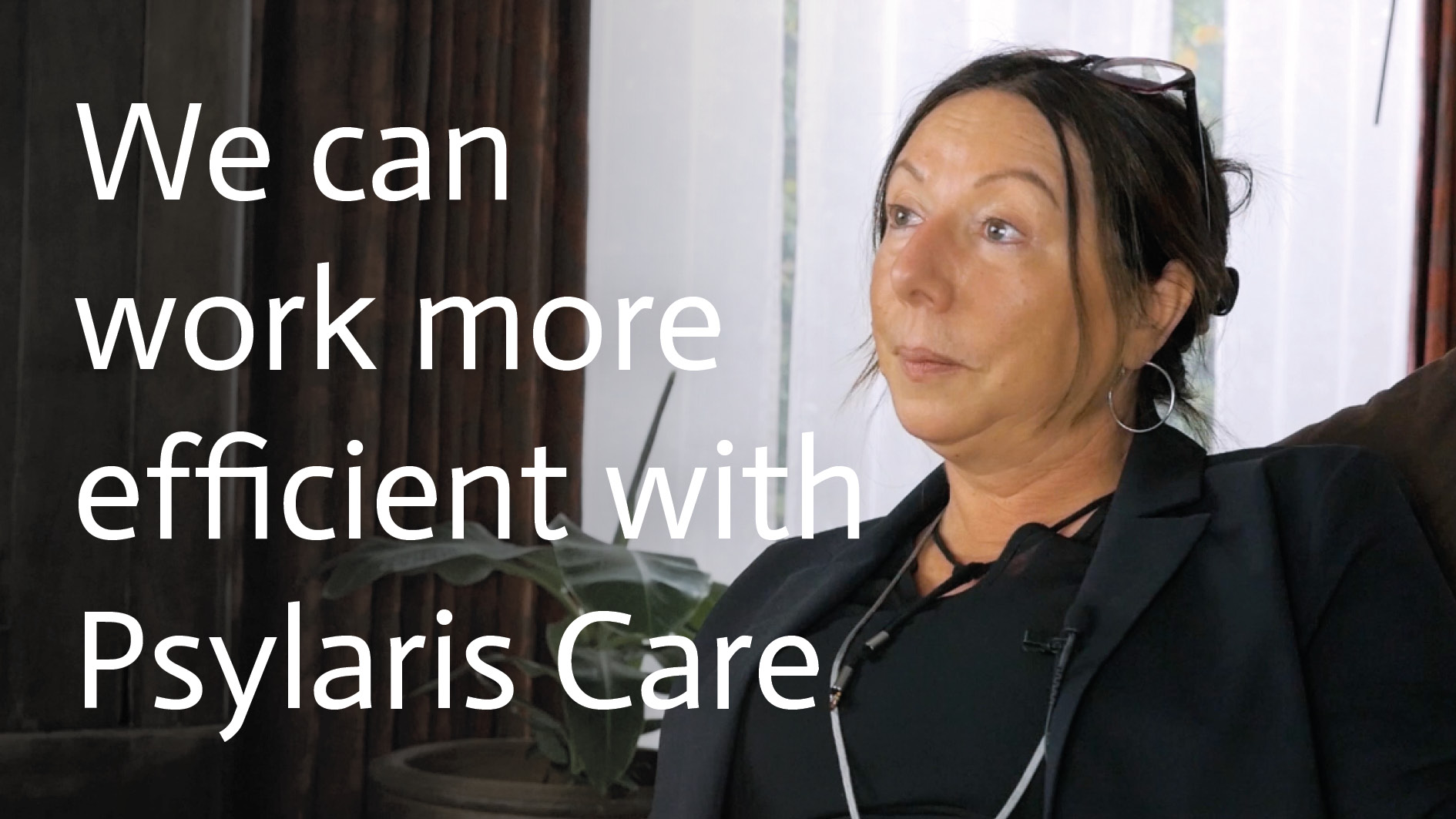
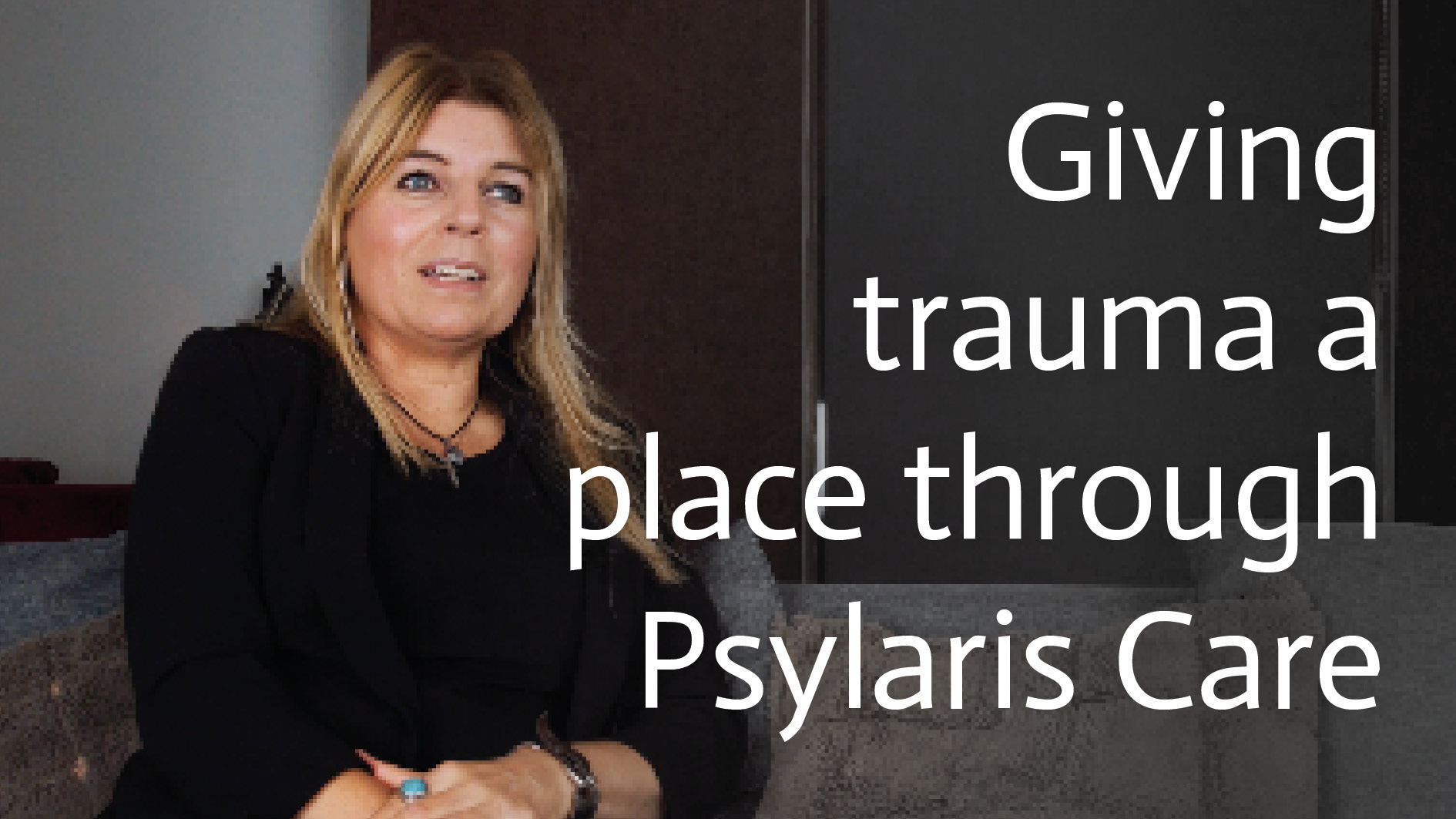
This website uses cookies to ensure that you get the best experience on our website.